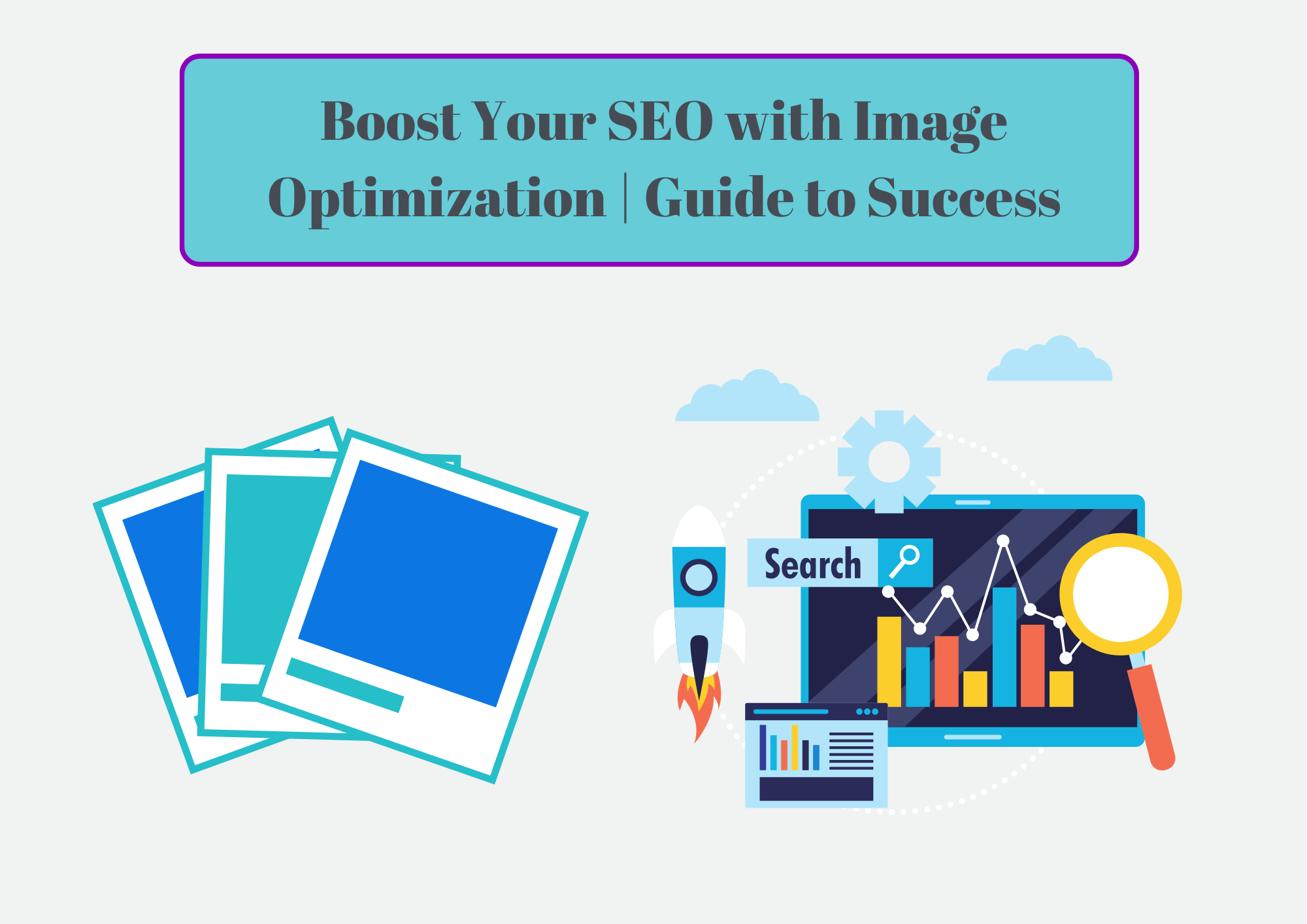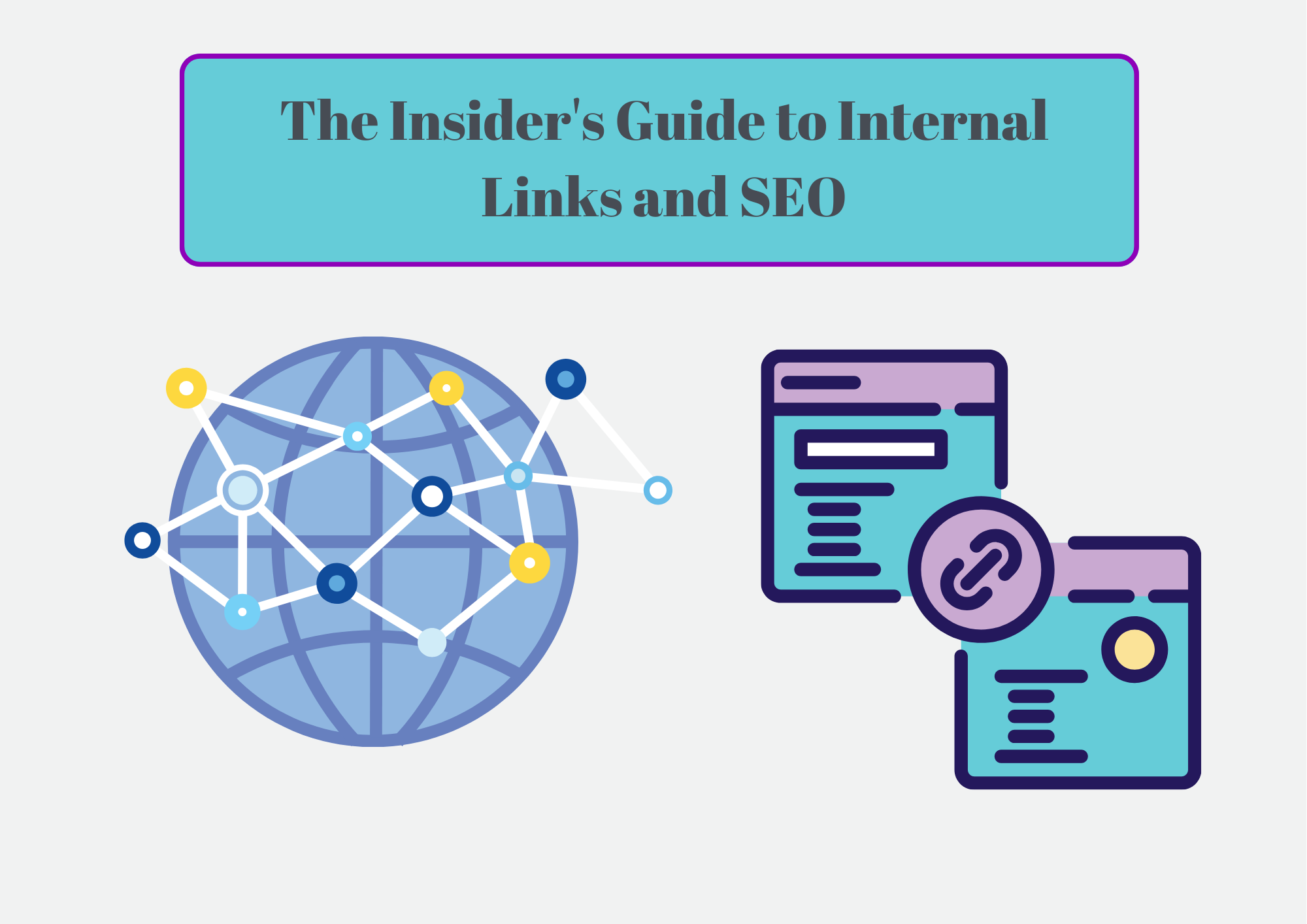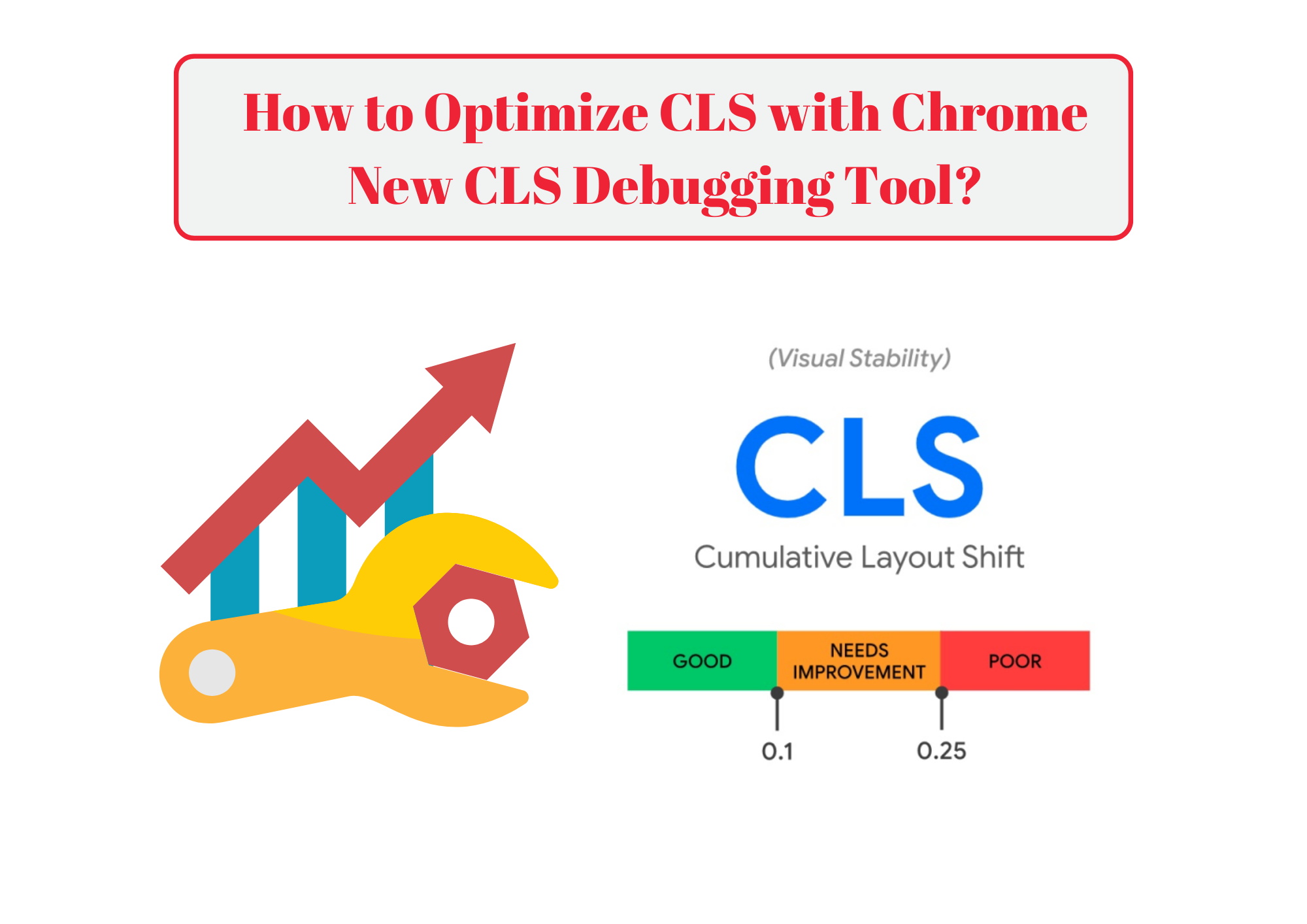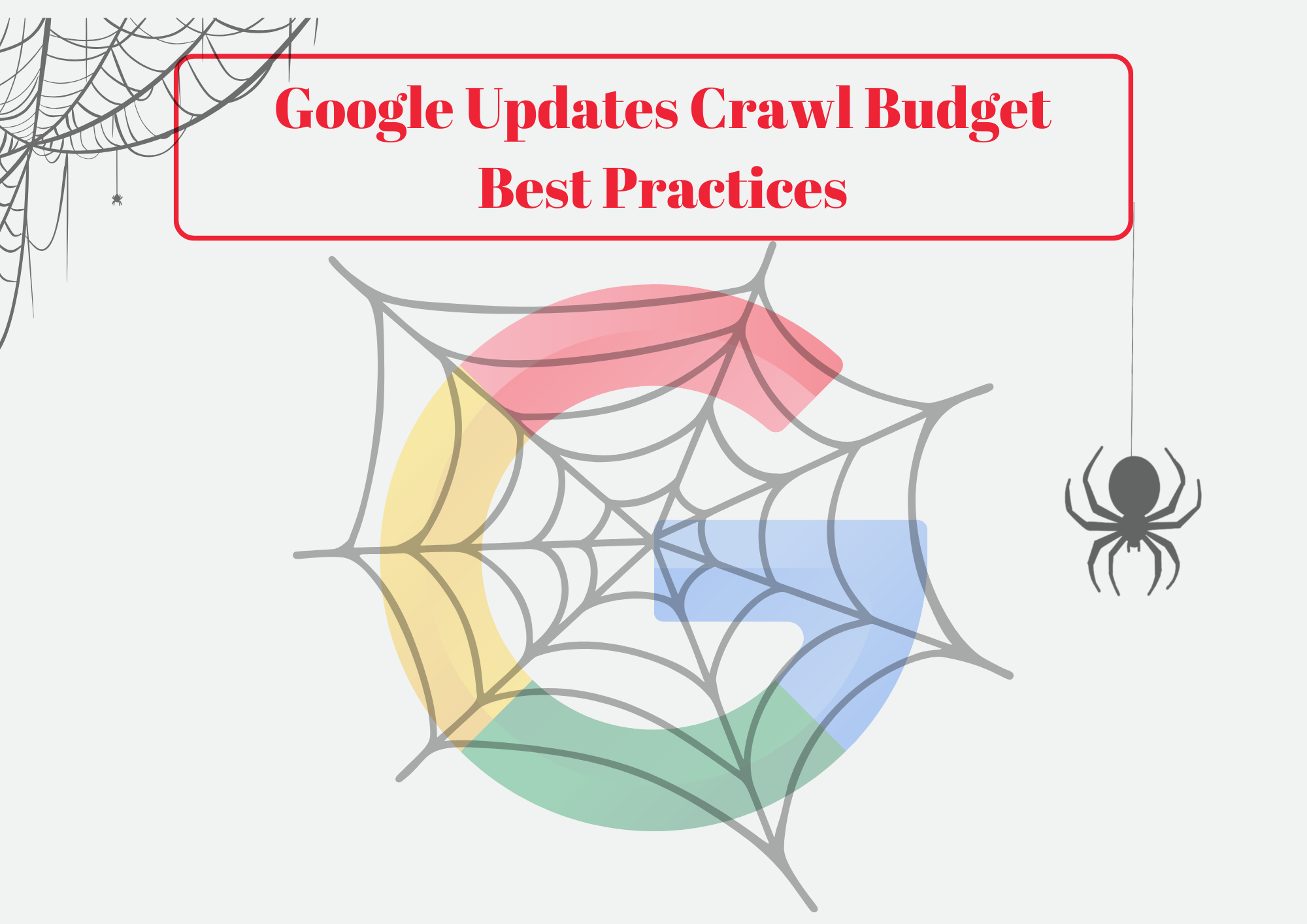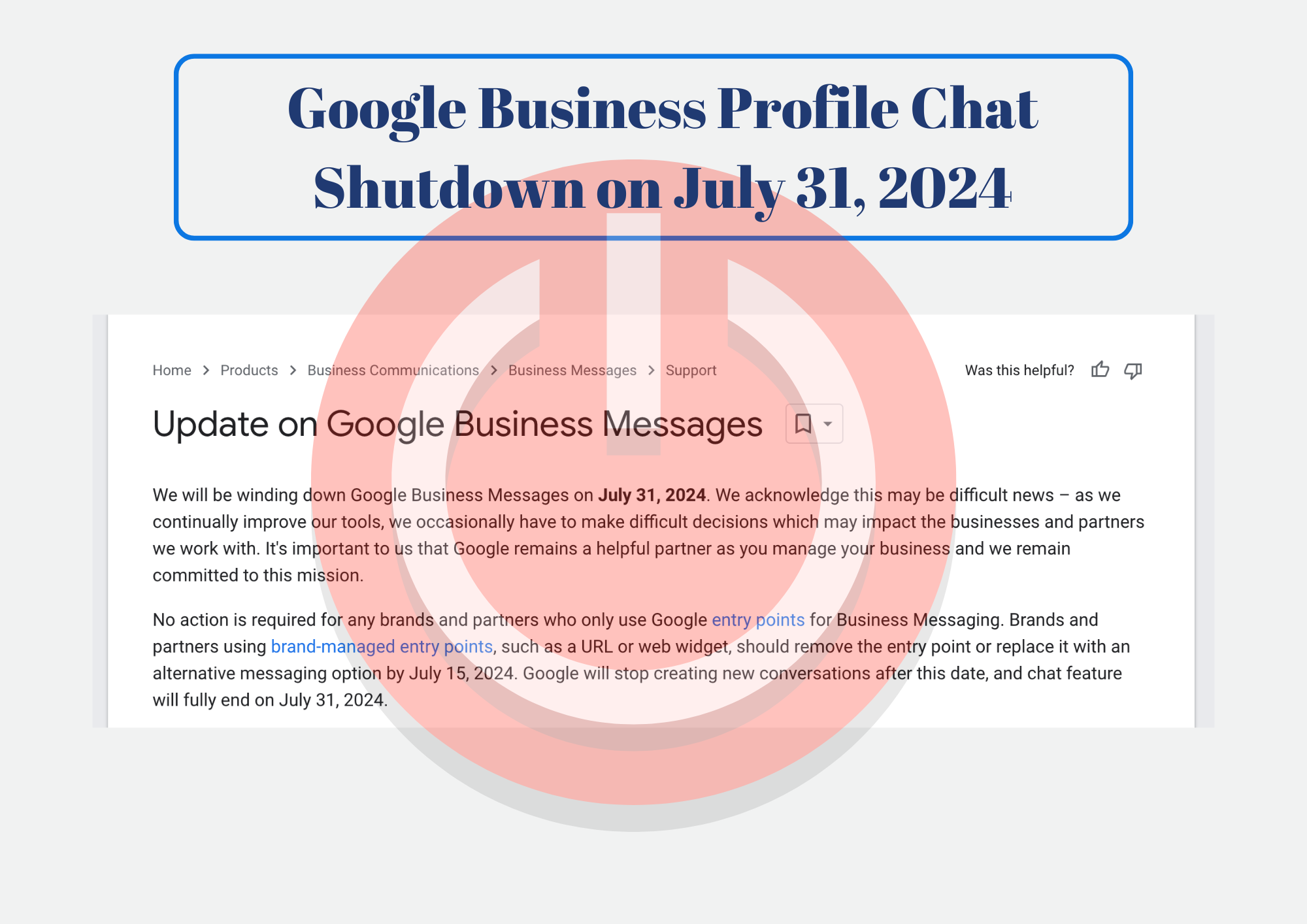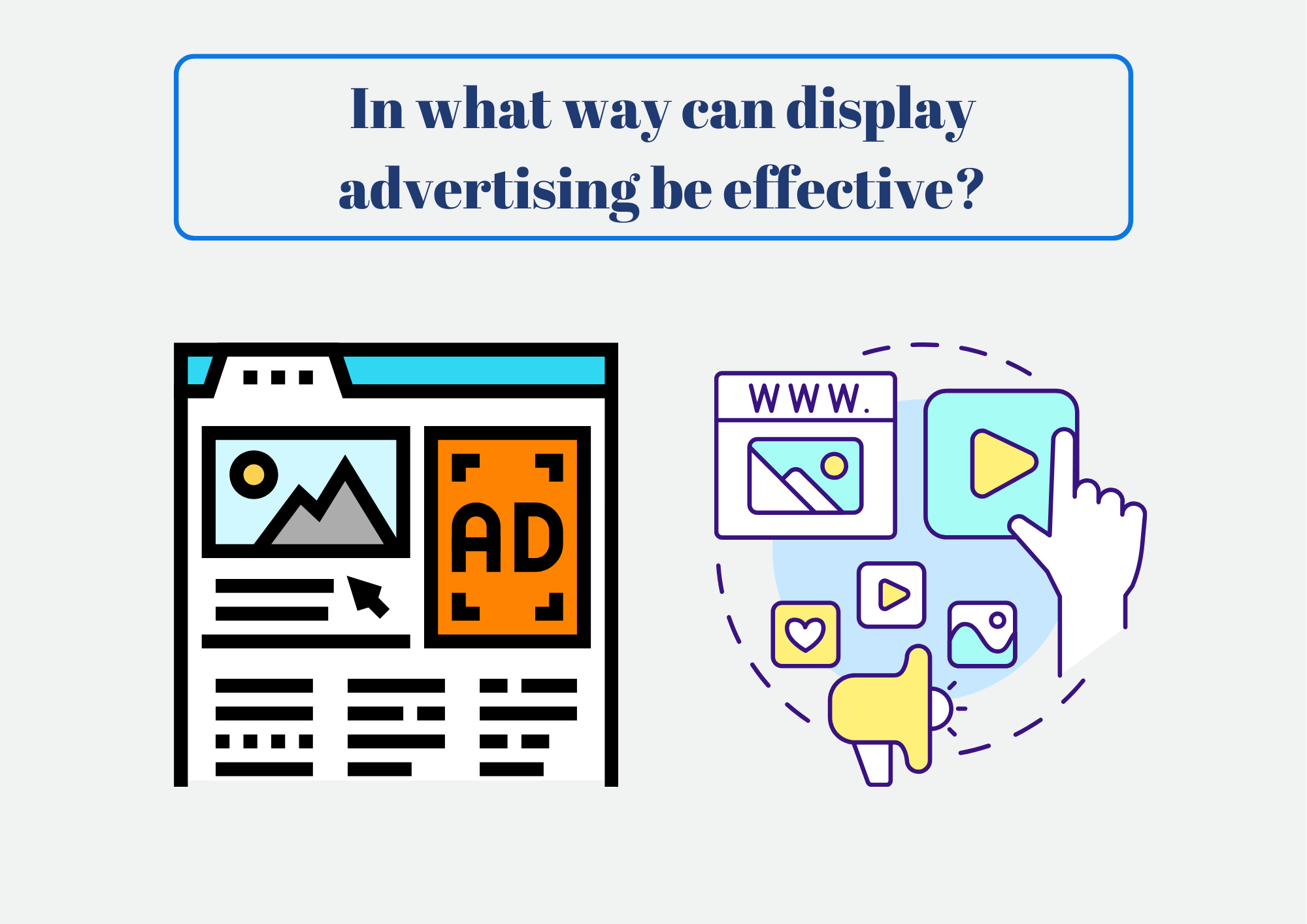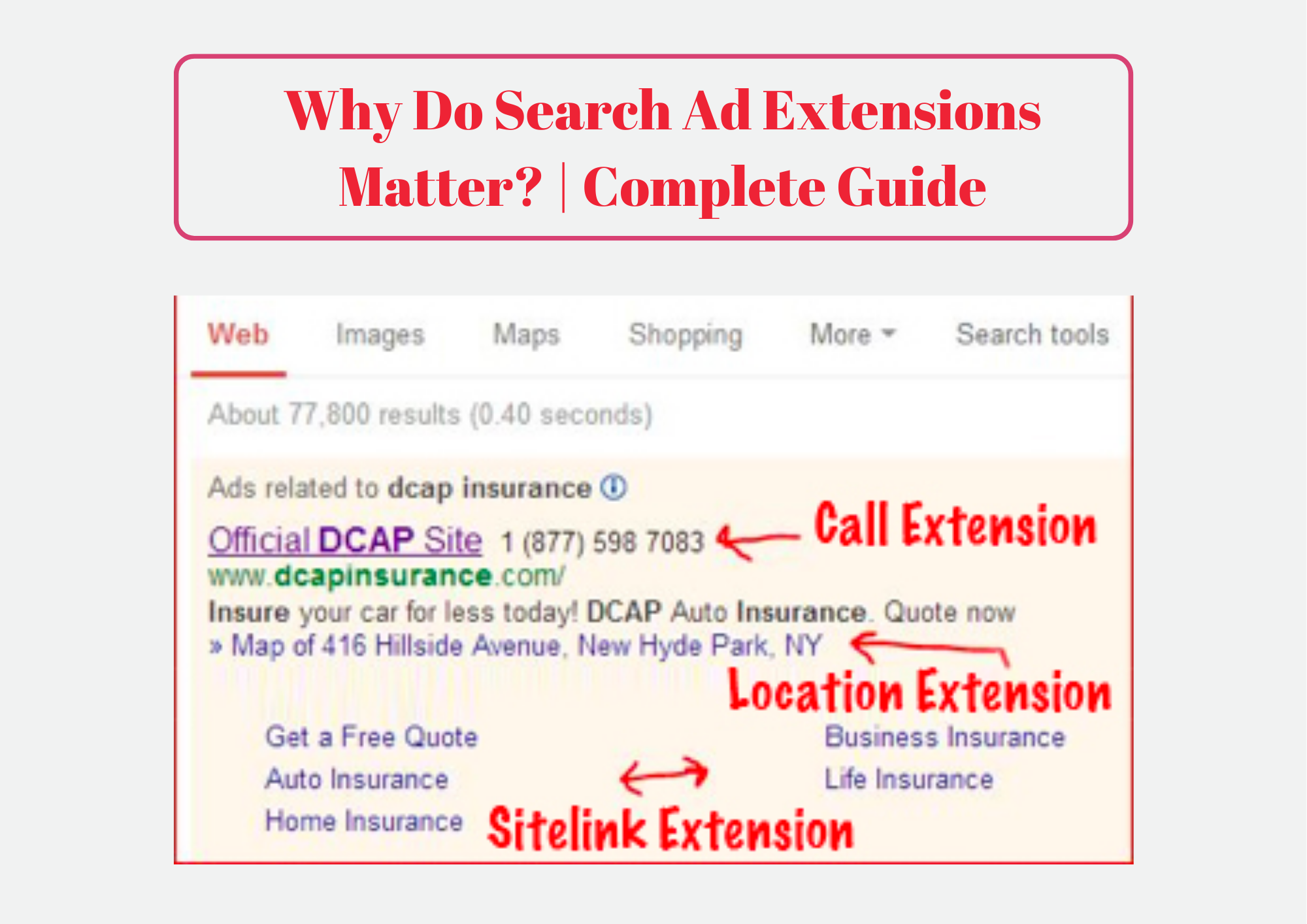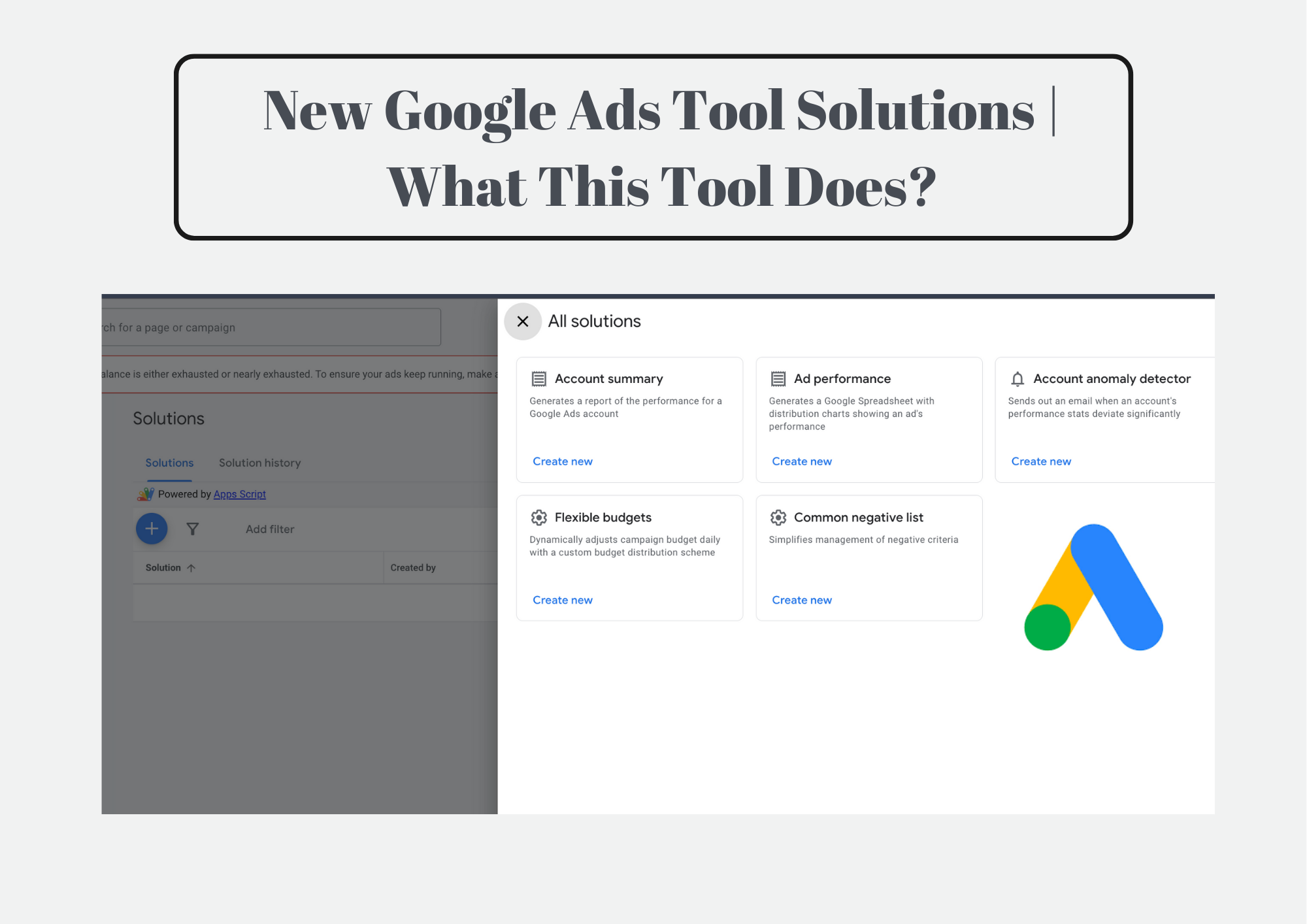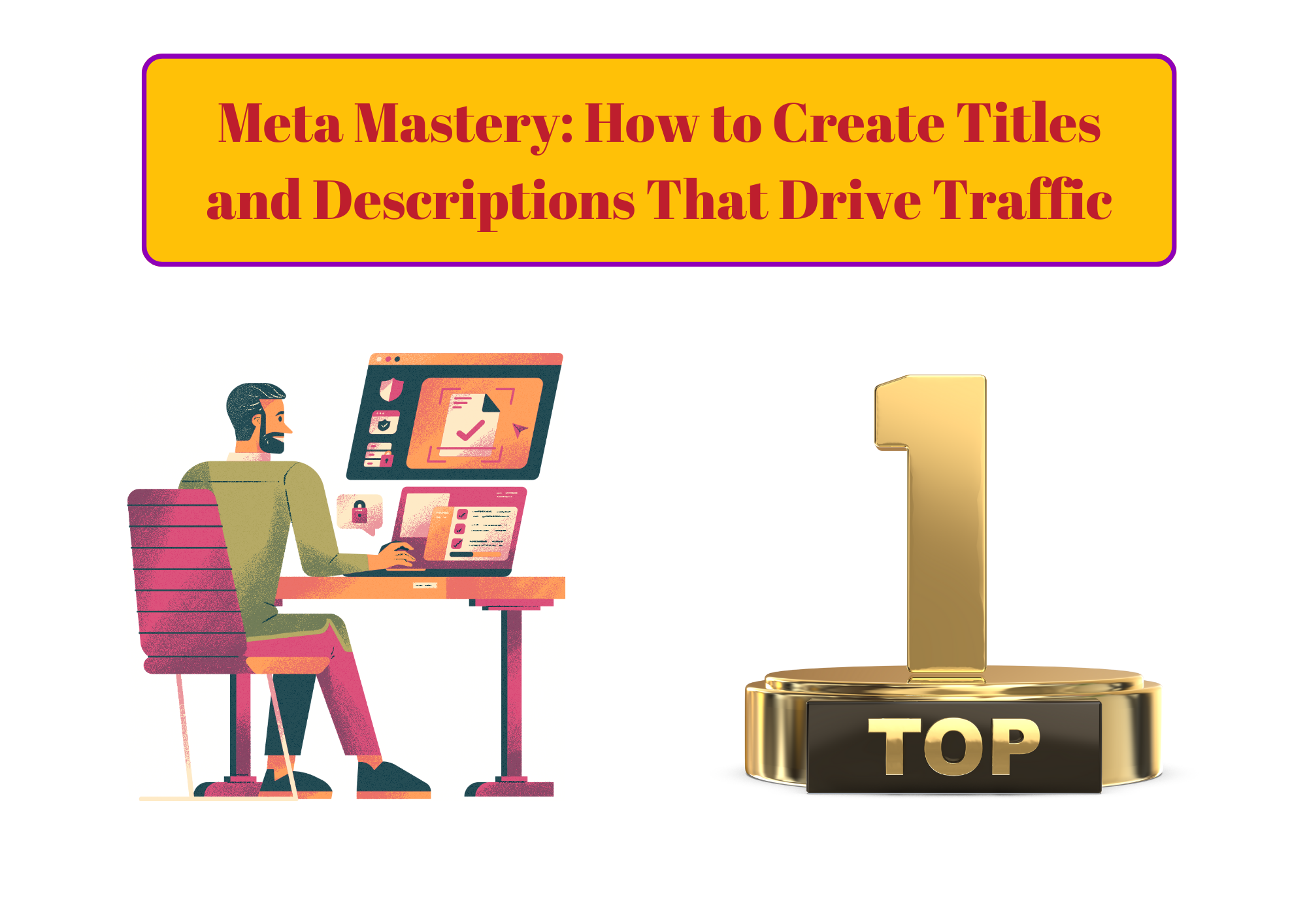
In the bustling digital landscape, grabbing attention amidst a sea of search results is a constant battle. Enter the unsung heroes of SEO: meta titles and descriptions. These concise snippets are your website’s first impression, the bait on the SEO hook that entices users to click and delve deeper. But crafting truly masterful metas requires more than just a catchy phrase. It’s a science, an art, and a strategic dance with search engine algorithms.
This guide equips you with the knowledge and tools to unleash the full potential of your meta elements, propelling your content to the top of SERPs worldwide. Buckle up, SEO warriors, as we delve into:
The Powerhouse Duo: Understanding Meta Magic
Imagine your titles and descriptions as billboards screaming for attention on a crowded highway. They tell search engines and users what your content is about, influencing both rankings and click-through rates (CTRs). Google’s ever-evolving algorithms place increasing emphasis on these elements, making meta optimization a non-negotiable aspect of any successful SEO strategy.
Crafting Titles That Sizzle: A Recipe for Clicks
Your title is the headline, the first impression that makes or breaks the deal. Here’s the recipe for a click-worthy masterpiece:
- Keyword Alchemy: Infuse your title with relevant, high-performing keywords. Research and identify terms your target audience searches for, but avoid keyword stuffing for a natural flow.
- Length Matters: Stick to the recommended character limit (roughly 50-60) to ensure full display across search engines. Brevity is your friend!
- Intrigue & Inform: Craft a title that piques curiosity, accurately reflects your content, and entices users to click. Tease, don’t mislead!
- Beyond the Ordinary: Stand out from the crowd with unique phrasing, power words, and emotional triggers. Ditch the generic titles!
Examples of Good Meta Titles (Click-worthy & Informative):
- Target Audience Focused: “5 SEO Mistakes Beginners Make (And How to Fix Them)” – This title directly addresses a specific audience (beginners) and their pain points (mistakes), while offering a solution (fixing them).
- Keyword-Rich & Intriguing: “Unlock the Secrets of High-Converting Landing Pages” – This title incorporates relevant keywords (“landing pages”) while using powerful language (“secrets”) to pique curiosity.
- Benefit-Driven & Specific: “Boost Online Sales by 20% with These Proven Email Marketing Strategies” – This title clearly conveys the benefit (increased sales) and quantifies the potential impact (20%), while adding the element of trust (“proven strategies”).
Examples of Bad Meta Titles (Generic & Uninspiring):
- Uninformative & Keyword Stuffed: “Best Website Design Company – Web Design Services Online” – This title lacks a unique selling proposition and simply repeats keywords without offering any value to the user.
- Generic & Vague: “Learn More About Our Services” – This title fails to specify what type of services are offered or why someone would want to learn more.
- Clickbait & Misleading: “You Won’t Believe This One SEO Trick!” – This title employs clickbait tactics that often lead to disappointment and damage user trust.
Meta Descriptions: More Than Just Summaries
Imagine your meta description as a captivating trailer for your content. It should accurately summarize your offering while igniting users’ desire to “watch the full movie.” Here’s the secret sauce:
- Descriptive Delights: Clearly convey the value your content offers, highlighting key benefits and unique selling propositions.
- Actionable CTAs: Don’t just inform, inspire! Include call-to-actions that motivate users to click, like “Learn More,” “Download Now,” or “Get Started.”
- Length & Formatting: Respect the character limit (around 155-160) and use formatting tricks like bolding keywords for increased visibility.
- Stand Out & Deliver: Differentiate yourself by showcasing unique aspects of your content that competitors might miss.
Examples of Good Meta Descriptions (Engaging & Informative):
- Problem-Solution Focused: “Struggling to write captivating headlines? Discover our 5 secret formulas to craft titles that grab attention and boost clicks!” – This description identifies a common pain point (writing headlines) and offers a solution (5 secret formulas) while highlighting the benefit (boost clicks).
- Benefit-Driven & Actionable: “Learn how to create a website that converts visitors into customers in 7 easy steps. Download our free guide now!” – This description outlines a clear benefit (creating a converting website) with a specific action (download a guide) and adds a sense of urgency (“now”).
- Unique Selling Proposition & Curiosity: “Unlock the hidden potential of your blog with our AI-powered writing assistant. No writer’s block? No problem. Try it free today!” – This description showcases a unique offering (AI assistant), addresses a common concern (writer’s block), and encourages action with a free trial.
Examples of Bad Meta Descriptions (Generic & Uninspiring):
- Keyword Stuffed & Uninformative: “SEO services, website design, content marketing. We offer a wide range of digital marketing solutions.” – This description simply lists keywords without explaining what these services entail or how they benefit the user.
- Generic & Bland: “This blog post discusses important tips for improving your SEO.” – This description provides little to no detail about the specific tips or why the reader should care.
- Clickbait & Overly Promising: “Get 10,000 website visitors instantly with our revolutionary SEO trick! Click here to learn more!” – This description uses unrealistic promises and clickbait tactics, which can damage user trust and credibility.
Statistical Insights: Data-Driven Domination
SEO isn’t just guesswork; it’s fueled by data and insights. Utilize industry benchmarks and trends to measure your meta performance and identify areas for improvement. Leverage A/B testing to compare different title and description variations and see what resonates best with your audience. Remember, continuous improvement is key!
Beyond the Basics: Mastering the Meta Game
For the SEO gladiators among us, this section delves into advanced techniques like:
- Structured Data: Enhance your search result snippets with rich information like ratings, reviews, and event details.
- Local SEO Optimization: Tailor your metas to target specific geographic regions and audiences.
- Tools & Resources: Discover valuable tools that streamline your meta workflow and analysis.
Key Takeaways: Your Cheat Sheet to Success
Remember, mastering the meta game is a journey, not a destination. Here are the essential points to keep close:
- Relevance is king: Align your metas with your content and target audience’s search intent.
- Clarity is queen: Be transparent and informative in your titles and descriptions.
- Conciseness is key: Respect character limits and prioritize impactful messaging.
- Data is your compass: Track your performance and adapt your strategy based on insights.
- Constant improvement is the game: Experiment, test, and refine your metas for ongoing success.
Free Tools for Meta Title & Description Optimization:
1. Google Search Console: Analyze how your pages perform in search results, check how Google sees your meta elements, and submit your sitemap for indexing. (Free)
2. Ahrefs SEO Toolbar: This browser extension offers a free preview of your title and meta tags along with basic on-page SEO analysis. (Free plan has limitations)
3. MozBar: Similar to Ahrefs, this browser extension gives you a quick check of your meta tags and other on-page SEO factors. (Free plan has limitations)
4. Yoast SEO Plugin (WordPress): This popular plugin for WordPress websites helps you create and optimize your meta titles and descriptions with suggestions and previews. (Free version available)
5. Rank Math Plugin (WordPress): Another comprehensive plugin for WordPress, offering similar features to Yoast SEO along with additional functionalities like schema markup support. (Free version available)
6. Hemingway Editor: This online tool helps you write concise and clear copy, which can be beneficial for crafting your meta descriptions. (Free)
7. SEOptimer: This online tool lets you analyze your existing meta descriptions and provides suggestions for improvement based on best practices. (Limited free plan)
Paid Tools for Meta Title & Description Optimization:
1. SEMrush: A comprehensive SEO platform with advanced features for keyword research, competitor analysis, and on-page optimization, including tools for optimizing meta titles and descriptions. (Paid plans starting from $99/month)
2. Ahrefs: Offers in-depth keyword research, backlink analysis, and on-page optimization tools, including meta tag checkers and competitor analysis. (Paid plans starting from $99/month)
3. Moz Pro: Provides keyword research, on-page optimization tools, and competitor analysis, including features for optimizing meta tags and tracking their performance. (Paid plans starting from $99/month)
4. Surfer SEO: This tool analyzes your content based on Google’s top-ranking pages and suggests improvements for on-page elements like meta titles and descriptions. (Paid plans starting from $49/month)
5. Clearscope: Similar to Surfer SEO, Clearscope analyzes your content for on-page optimization based on top-ranking pages and provides suggestions for improvement, including meta tags. (Paid plans starting from $29/month)
.
